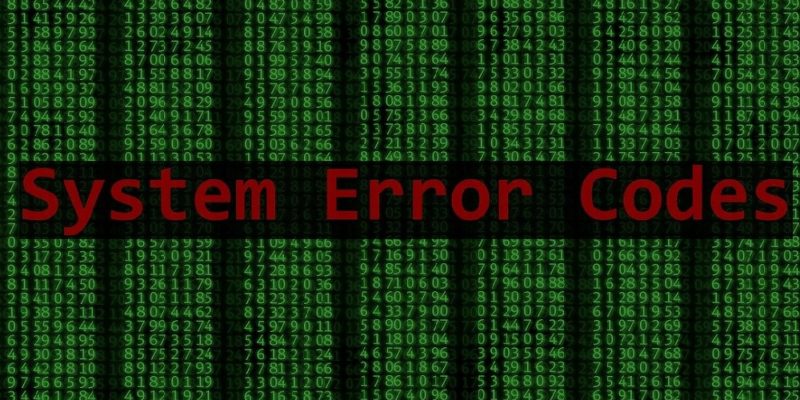 GitHub Patches Security Flaws in Core Node.js Dependencies
GitHub Patches Security Flaws in Core Node.js Dependencies
“These vulnerabilities may result in arbitrary code execution due to file overwrite and creation when tar is used to extract untrusted tar files or when the npm CLI is used to install untrusted npm packages under certain file system conditions,” GitHub said in an advisory. A code npm dependency, tar is used to extract and…










